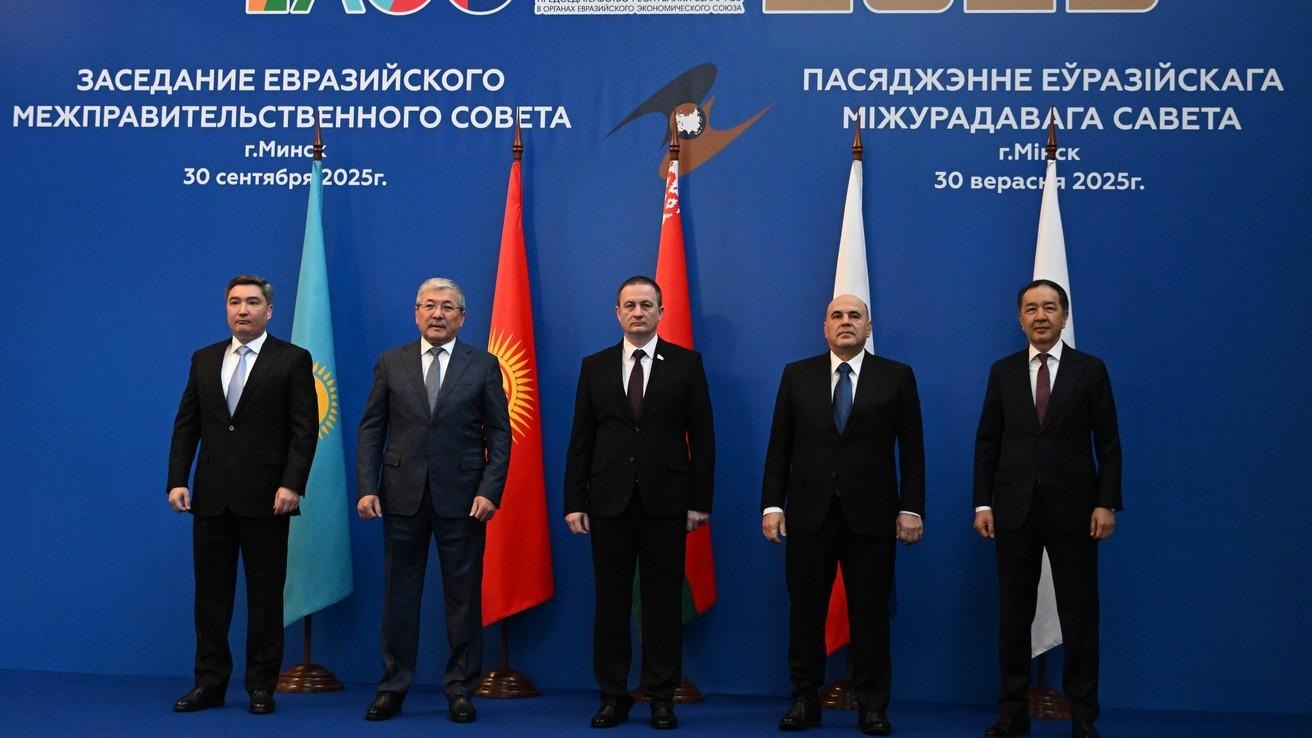Moscow Objects to Patriots in Poland
Moscow Objects to Patriots in Poland
Last week US-Russian relations were dominated by the arrival and deployment of US soldiers with Patriot missiles in Poland near the Russian border. The Patriot deployment was agreed between Warsaw and Washington to offset possible Russian threats to station Iskander ballistic missiles in Kaliningrad in response to the deployment of US Ballistic Missile Defense (BMD) interceptor missiles in Poland and the BMD radar in the Czech Republic. Last September, US President, Barack Obama, scrapped existing BMD plans for deployment in Poland and the Czech Republic and President, Dmitry Medvedev, announced that Iskander missiles would not be deployed in Kaliningrad. However, the plans to deploy Patriots in Poland did not change, apparently in order to calm Polish irritation over the BMD reversal and fear of Russia (EDM, January 20).
In January 2010, it was announced that the Patriots would be deployed not near Warsaw as originally proposed, but in the town of Morag, 60 kilometers (km) from the Russian border under the US-Polish Supplemental Status of Forces Agreement (SOFA) signed in December 2009 (EDM, January 20). Last week, the missiles arrived from Germany with about a hundred US soldiers. During the welcoming ceremony Polish Defense Minister, Bogdan Klich, announced that “for the first time US soldiers will be stationed on Polish territory” and this will strengthen Polish security (RIA Novosti, May 27).
For Poland the deployment of US soldiers on the Russian border (no matter how small the contingent) creates a tripwire force that is important to contain any possible Russian threat. Moscow does not like to be singled out and though it was known in advance of the arrival of the Patriots, its reaction was extremely angry. The foreign ministry complained that “Russian protests about the deployment and requests to move the Patriots away from the Russian border were ignored.” The deployment of the Patriots in Morag was described as “illogical” and that it went against the grain “of the improved level of Russo-Polish and US-Russian relations.” At the same time the foreign ministry acknowledged that the Patriots, being an air defense system with limited BMD capability, does not directly threaten Russia, and Moscow “is not considering deploying at present Iskander ballistic missiles in Kaliningrad in response” (ITAR TASS, May 26).
Of course, the Russian military does not have the extra Iskander missiles (with a range of over 300 km) to replace the shorter range Tochka-U (range – 110 km) that are deployed in Kaliningrad. Iskanders are produced by the Russian defense industry in relatively small quantities and presently are all sent to the North Caucasus, where their range may be required in action to offset the weakness of the Russian air force in a possible future resumption of warfare in Georgia (EDM, January 21). In future, when enough Iskanders are produced, they will eventually replace the Tochka-U in Kaliningrad and elsewhere in Russia –no matter what Poland or the US and NATO say or do. There are no plans to create new missile brigades armed with Iskanders, but to rearm the existing ones.
Foreign Minister, Sergei Lavrov, demanded “a plausible explanation” from Washington and Warsaw on why the Patriots were deployed. “We are only told: don’t worry, it is not against you,” scoffed Lavrov at a press conference in Moscow, “We have heard such talk in the past, but the new relations with Warsaw and Washington allow us to expect something more detailed.” US and Polish explanations that the site near the Russian border was chosen because of convenient logistics were seemingly brushed aside by Russian officials as well as assurances that the Patriots were not deployed for combat purposes, but to train Polish personnel to use them (RIA Novosti, May 27).
It is clear that the strong Russian protest was not against the Patriots arrival in Poland per se. Moscow, apparently, was ready to tacitly allow their deployment elsewhere in Poland, but a base so close to Kaliningrad is seen as a deliberate and unnecessary snub. Relations with the US and Poland have indeed improved recently and Russia was hoping for a response in kind. Deputy Foreign Minister, Alexander Grushko, told a press conference in Moscow that the deployment of the Patriots “grossly violated” the 1997 Russian-NATO Founding Charter that was signed in Paris to allow the expansion of the Alliance to include Poland and other former Warsaw Pact nations. Russian officials claim that the charter reportedly banned the permanent stationing of substantial Western military forces in areas bordering Russia –primarily the former Warsaw Pact nations. Explanations by Polish Foreign Minister, Radek Sikorski, that a hundred US soldiers is not a substantial force, or their being stationed in the country is not permanent, while Polish soldiers will assume responsibility for the Patriots in future and that SOFA is a US-Polish deal legally bypassing NATO – have not been accepted in Moscow (Interfax, May, 28).
Russia’s long term strategic objective is to establish a security framework in Europe that requires Moscow’s consent on the deployment of any Western (US) military forces on the territory of former Warsaw Pact nations or former Soviet republics. These particular Patriots are not important – though Moscow ascribes significance to the principle. Today it is a training air defense battery, but if it remains unchallenged, something much more dangerous may appear later. Russian officials used an opportunity to draw a line in the sand over which Poland and the West must not step in order to continue détente with Moscow. The Patriots will not in themselves cause Moscow to change its position on, for instance, sanctions on Iran, but any other move in the same direction could.


